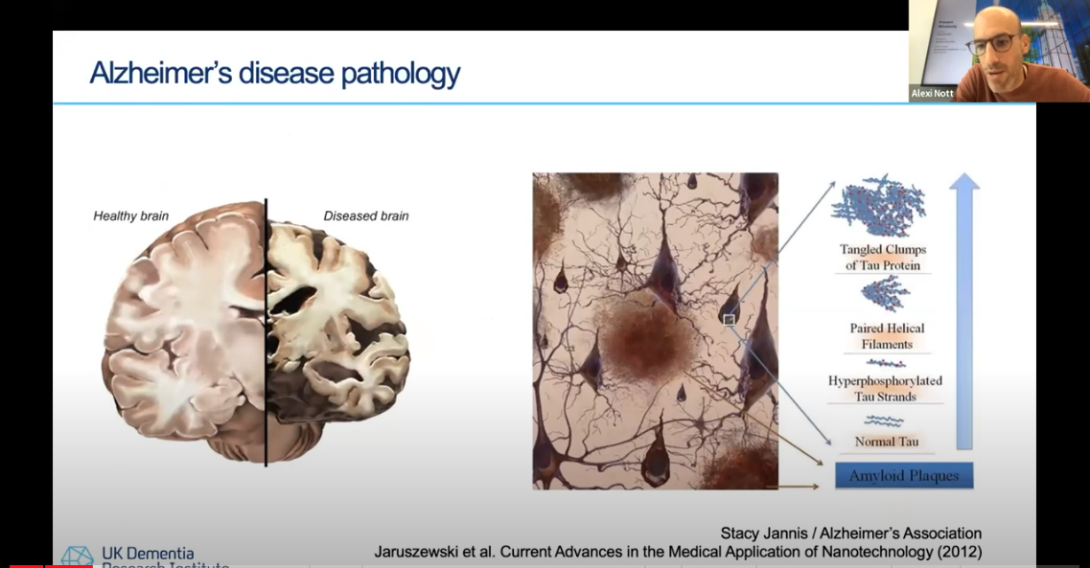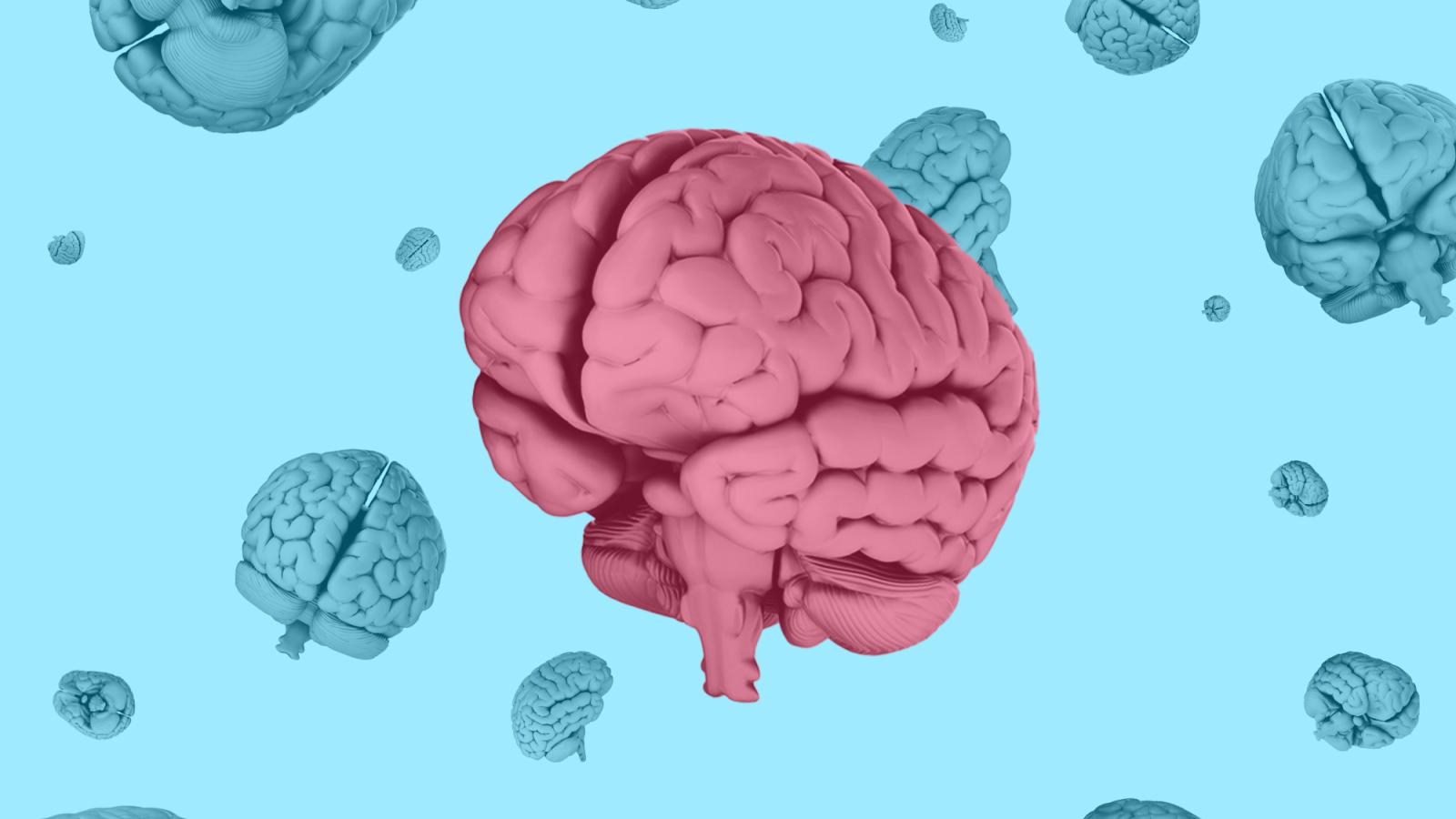Over two afternoons during World Alzheimer’s Month in September, the UK DRI hosted the second annual Making it Brain, a virtual mini conference for secondary school students interested in neuroscience careers and research.
The event was a huge success, nearly doubling in size compared to last year, with 716 sign ups and more than 340 attendees across the two days. The live webinar featured 10 talks from researchers and technicians, and students were given a virtual tour inside UK DRI centres in a series of ‘follow-me-around-the-lab’ videos produced by early career researchers.
<p>people attended the 2 day event</p>
Thanks to our speakers and organising team at the UK DRI, it's been fantastic to see the event grow from 2021. I'm very excited to see what 2023 will hold.Sophie SanfordChair of Making it Brain
Sophie Sanford, PhD student at the UK DRI at Cambridge, and chair of Making it Brain, said:
“This year, at the second Making It Brain, we focused on showcasing the wide range of roles within the UK Dementia Research Institute, and the variety of backgrounds that our staff and students have.
It was brilliant to see so much engagement from the students, who posed so many excellent questions - several of which we are still working out the answers to! Thanks to our speakers and organising team at the UK DRI, it's been fantastic to see the event grow from 2021. I'm very excited to see what 2023 will hold.”
<p>of people said they would recommend the conference to a friend</p>
Day 1: Biomarkers and smart tech
Dr Aitana Sogorb-Esteve (UK DRI at UCL) kicked off the event with a fascinating talk about biomarkers, and how we can use blood samples to help us understand what is going on inside the brain.
Following this, was a brilliant talk from Dr Lucia Li (UK DRI Care Research & Technology), who introduced how smart technology is being developed to support people living with dementia. Both speakers gave an overview of their career to date, how they came to work in dementia research, and the challenges they overcame to get there.
Between the speakers, we were able to peek inside several labs across the UK DRI, through the ‘follow-me-around-the-lab’ videos.
Closing off day one of the conference, in a feature new for this year, we heard a quickfire series of 5-minute talks from Dr Zoeb Ziwaji (UK DRI at Edinburgh), Sumi Bez (UK DRI at UCL) and Nan Fletcher-Lloyd (UK DRI Care Research & Technology) who each shared a snapshot of their motivations and the journeys that led them into the field of neuroscience.

Day 2: Genetics and astrocytes
The second day of Making it Brain began with a fantastic talk from Dr Alexi Nott (UK DRI at Imperial), on epigenetics and how factors that regulate our genes can cause neurodegenerative diseases such as Alzheimer’s.
We then heard from Dr Blanca Diaz-Castro (UK DRI at Edinburgh), who spoke about her research into astrocytes, the star-like cells in the brain that have a special supportive function, helping neurons stay healthy, and the brain operate optimally.
Again, the talks were interspersed with videos from researchers across the Institute, providing an interesting look in at their day-to-day work in the lab.
On day two, we heard a further three short talks from Amber Wallis (UK DRI at UCL), Tatjana Zoller (UK DRI at King’s) and Christina Maat (UK DRI at UCL) who each discussed their career paths and their research. Each day was rounded off with a lively Q&A where the audience asked lots of insightful questions.
Of the event, one attendee commented:
“Excellent event, informative, fun, personal, friendly, and showed no single route to science and no single 'type' of scientist and no pressure to get career choice right first time.”
Another said:
“Seeing international points of view was insightful into how to approach research and university from outside of the UK. Also, the queer representation – [it was] amazing to see diversity and how everyone was able to come together to show an interest into dementia research regardless of background and previous careers.”
The feedback on the event was resoundingly positive, with 94% of people saying they would recommend the conference to a friend.
Sophie Sanford, chair of Making it Brain was awarded the UK DRI Engagement Prize at the UK DRI’s internal conference, Connectome this year, for her tireless work pulling together such a successful event. Congratulations to Sophie, and we look forward to seeing it develop further for 2023!
Article published: 25 November 2022
